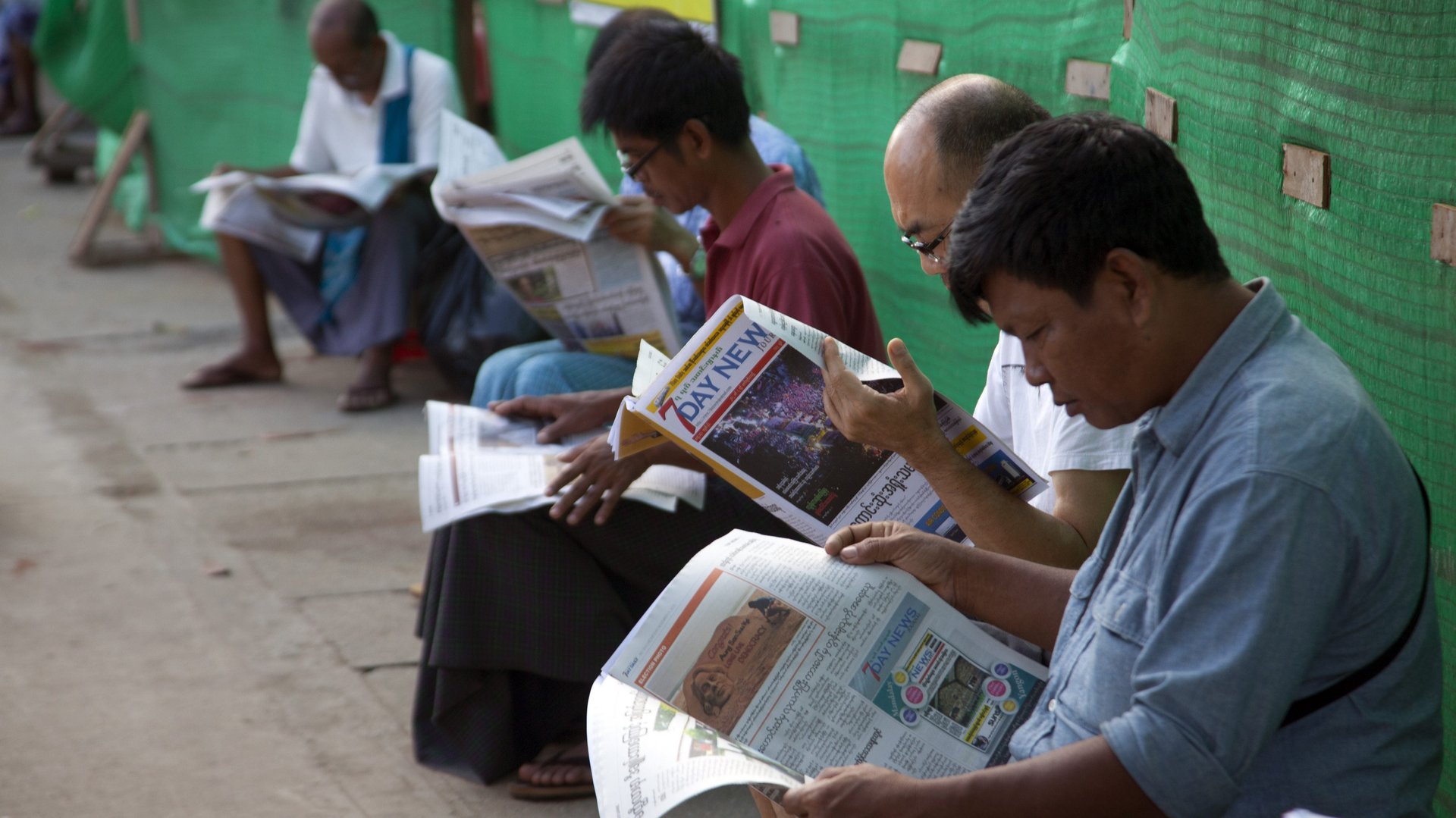A new study on fake memories can explain why people believe fake news
Memories can lie.


Memories can lie.
A new study published on Nov. 28 shows the human brain can create memories of events that never occurred, and these false memories can subsequently change how people view themselves and others.
In the light of the recent fake news craze during the US presidential elections, Kimberly Wade at the University of Warwick, one of the seven professors who authored the study, said the creation of false memories might explain why some people believe news reports that are untrue.
The researchers undertook a “mega-analysis” by revisiting the transcripts of experiments from eight peer-review, false-memory studies. They then developed a coding system to analyze if the subjects, 423 adults in total, accepted false memories as genuine, and if so, to what degree.
In the previous eight studies, the researchers had implanted false memories in subjects by inviting close family members, such as parents and siblings, to tell them fictional events from their childhood, such as a balloon ride or prank. Over the course of two or three sessions, the subjects were encouraged to recall the events using different memory-recovery techniques.
It turned out that more than half of the participants believed, to some degree, that they had experienced those events, and 30% went further to elaborate on the memories—what researchers “classified as having developed a false memory“ (pdf, pg. 13).
The creation of memory is not new, but understanding it might help us better explain the way we consume and spread information. “The same process could apply to fake news in the media,” Wade told the New York Daily News. ”If people encounter the same misinformation over and over again, or glean misinformation from a credible source, they could believe in it and remember events that never happened. The same memory processes are at play.”